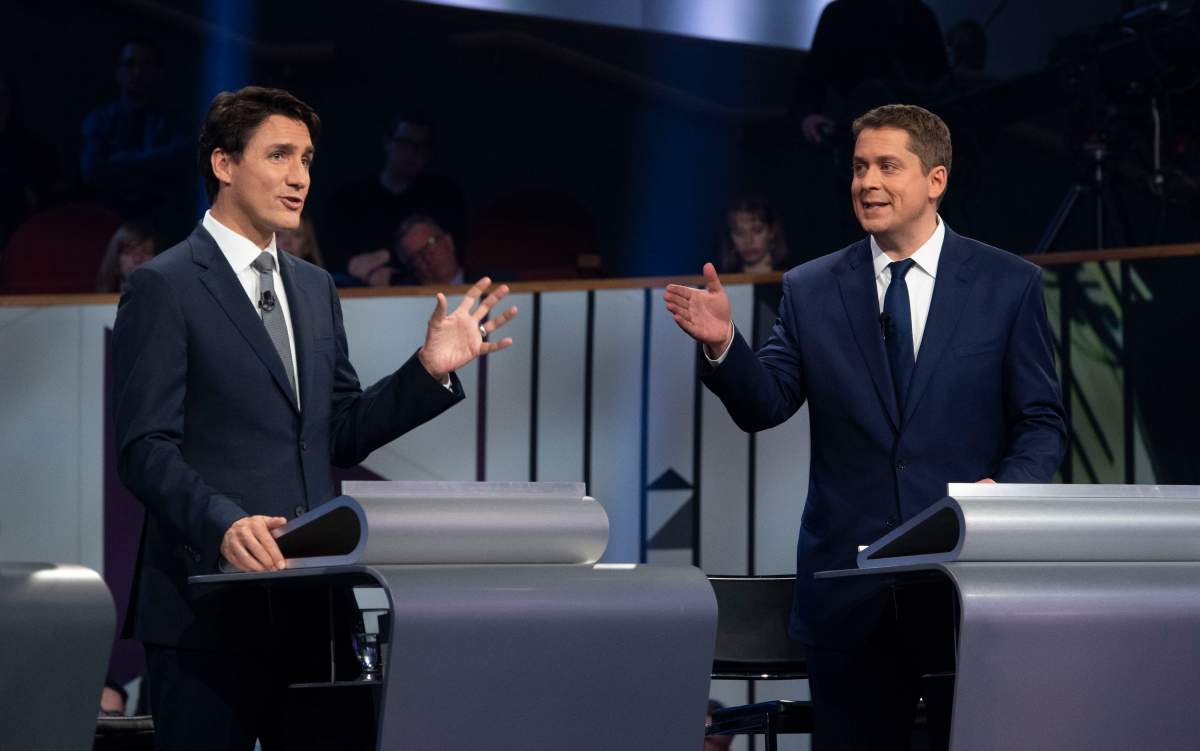Support for electoral reform in Canada has surged after October’s federal election, according to a poll released Friday.

Numbers from Angus Reid Institute polls show that in January 2016, 53 per cent of Canadians supported electoral reform. This November, 68 per cent of Canadians felt the same way.
Shachi Kurl, the executive director of Angus Reid Institute, told Global News the increase in support was most pronounced with those who align with the Conservative party.
Kurl noted that isn’t necessarily surprising, given the fact that the party won the popular vote.
“There would be a number of people in this country who voted Conservative who might feel as though they were robbed of an election victory,” she explained.
The Liberals garnered 33 per cent of the popular vote, less than the Conservatives’ 34 per cent. New Democrats followed with 15 per cent, while the Bloc Québécois earned eight per cent and the Greens got six per cent.
However, under the current first-past-the-post electoral system, the number of seats won by a party determines who wins — not the number of overall votes.

The votes translated into 157 seats for the Liberals and 121 for the Conservatives, leaving New Democrats with 24, including a near wipeout in Quebec where the resurgent Bloc grabbed 32 seats.

Get breaking National news
In 2015, 28 per cent of Conservative voters supported electoral reform — that number is now 69 per cent.
“I think this is a reflection of frustration, or the sense that the makeup of seats in the House isn’t what it could have been based on popular vote,” Kurl explained.
She noted that frustration over electoral reform is something that tends to rise after elections, but often simmers back down.
“It’s a little bit like a zombie issue, it keeps coming back,” she said, noting that it’s likely a reaction to election results rather than a commitment to wanting change.
Support for electoral reform rose beyond Tories, though. More Liberal, NDP, Bloc and Green supporters backed the idea this year than in 2016.
Stephanie Plante, the executive director of the International Commission of Jurists Canada, said that may be because of growing conversations on the topic across the country.
“It’s one of those ideas that gets people really excited but then nobody follows through on it,” she said.
Prime Minister Justin Trudeau promised in 2015 that Canada would change its electoral system. But that promise was later abandoned.
There had been a possibility Canada would adopt the proportional representation electoral system. In that system, a voter casts a ballot for a party as opposed to voting for a prospective MP. Parties are then awarded a number of seats in proportion to the percentage of votes each has received.
Plante noted the future of the conversation depends on how Trudeau’s new minority handles issues.

“If they can’t turn down the volume on some of the independence movements that are happening, especially out west, then election reform is definitely something they can use as a way of doing outreach,” she explained.
In a minority situation, Plante added, other parties could bring up electoral reform as a bargaining tool.
While Conservative support for reform rose in light of their popular vote victory, one expert warned that doesn’t necessarily mean they would have won under a different electoral system.
Audrey Brennan, a political science PhD candidate at Université Laval and Université libre de Bruxelles, told Global News it’s difficult to say who would have won had the system been different, because the results are not “transferable.”
“People don’t vote the same way in a proportional representation system, and parties don’t campaign the same way,” she said.
Brennan said in the current system, voters may also be more likely to vote strategically rather than for the party they truly support.
She also noted that proportional representation calculations can work in a variety of different ways, which would affect the results.
This Angus Reid Institute survey was conducted from Oct. 29 to Nov. 4 by a representative randomized sample of 1,965 Canadians. It sample size carries a margin of error plus or minus 2.5 percentage points, 19 times out of 20.








Comments
Want to discuss? Please read our Commenting Policy first.